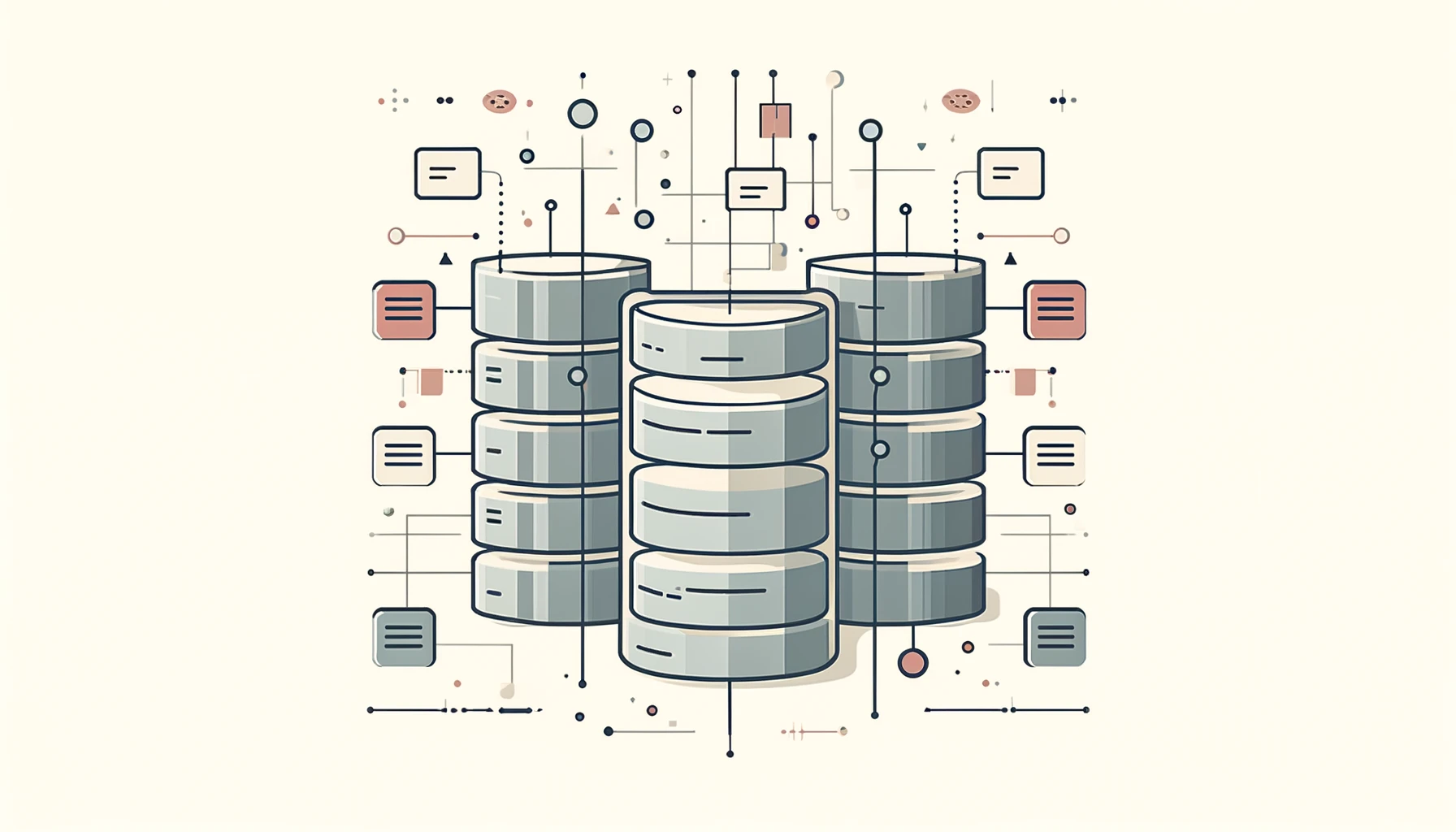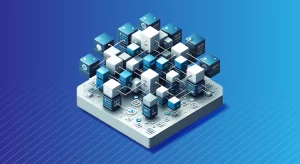
Maximize Your Data Security with Tokenization Solutions

In today’s data-driven world, safeguarding sensitive information is paramount. Data tokenization offers a robust solution to protect data across various platforms without hindering its usability.
This guide explains data tokenization. It shows how to use it in common databases and software. It also includes practical examples to help you implement this security measure successfully.
Understanding Data Tokenization
Data tokenization is a powerful security technique that replaces sensitive data with unique, randomly generated tokens. These tokens serve as substitutes for the original data, allowing organizations to protect sensitive information while still maintaining its usability within various systems and applications.
By employing data tokenization, businesses can significantly reduce the risk of data breaches, comply with stringent privacy regulations, and ensure the confidentiality of critical data across their IT infrastructure.
Data tokenization replaces sensitive data with tokens. A tokenization system can connect these tokens back to the original data.
This method keeps important data safe without showing the actual numbers. This method protects important data by hiding the actual numbers. Ideal for safeguarding credit card numbers, personal identification numbers, and other sensitive information in highly secure locations.
Tokenizing data helps businesses comply with privacy standards and regulatory requirements such as PCI DSS, HIPAA, and GDPR. Organizations can reduce the risk of data breaches by breaking sensitive information into tokens. This can also enhance the security of their data storage and processing systems.
Data Tokenization in Popular Databases
Let’s have a look at some data tokenization examples. Different types of databases—such as SQL databases, NoSQL databases, and cloud storages—can benefit from data tokenization. Each type has its native tools or supports third-party solutions tailored for data security.
SQL Databases
In SQL databases like MySQL or PostgreSQL, you can implement tokenization using native functions or custom stored procedures. Here’s a simple example using MySQL:
Setup
First, create a database and a table to store tokenized data:
CREATE DATABASE SecureDB; USE SecureDB; CREATE TABLE Customers (ID INT PRIMARY KEY, Name VARCHAR(255), CreditCardToken VARCHAR(255));
Tokenization Example:
You can use a user-defined function to tokenize data before inserting it into the database:
INSERT INTO Customers (ID, Name, CreditCardToken) VALUES (1, 'John Doe', TOKENIZE('1234-5678-9101-1121'));NoSQL Databases
NoSQL databases like MongoDB support tokenization through third-party libraries or custom scripts. You can work with the database and apply tokenization by using a Python script with the pymongo library.
from pymongo import MongoClient
import tokenization_library
client = MongoClient('mongodb://localhost:27017/')
db = client.SecureDB
customers = db.customers
# Tokenize and insert data
token = tokenization_library.tokenize('1234-5678-9101-1121')
customers.insert_one({'name': 'Jane Doe', 'creditCardToken': token})
Dedicated Tokenization Software
Tokenization solutions for large-scale environments have advanced features and strong security measures. These include comprehensive management consoles, detailed logging, and adherence to multiple security standards. DataSunrise is one such example of sophisticated tokenization software.
DataSunrise for Advanced Data Security
DataSunrise’s tokenization capabilities not only secure sensitive data but also include features like data discovery. This helps organizations locate and classify sensitive information before tokenization. This ensures that we adequately protect all crucial data according to its sensitivity and compliance requirements.
Key Features of DataSunrise:
- Tokenization: Replace sensitive data with tokens to securely protect original values while maintaining their usability in business processes.
- Data Discovery: Automatically identify sensitive data across your databases to ensure comprehensive protection.
- Advanced Security Policies: Create personalized security rules and policies to control access to tokenized data using specific criteria.
- Audit and Compliance Tracking: Keep detailed records of all data access and tokenization activities. This will help ensure compliance with regulations like GDPR, HIPAA, and PCI DSS.
Experience DataSunrise with an Online Demo
This is a good opportunity to observe how tokenization functions in real-world scenarios. It also demonstrates how you can apply tokenization in your existing data security system.
Visit DataSunrise’s website to explore its capabilities and learn how it can protect your organization’s data. This tool offers a variety of features that can enhance your data security.
Discover the benefits of using DataSunrise for safeguarding sensitive information. Simply go to the demo section to begin. This experience will give you a comprehensive view of the capabilities and benefits of incorporating DataSunrise into your data security measures.
Conclusion
Data tokenization is a critical component of modern data security strategies. It helps protect sensitive information while maintaining the usability of data for business operations.
By implementing tokenization in popular databases or using dedicated software, organizations can enhance their security measures and comply with regulatory requirements. Data tokenization can reduce the risk of data breaches and improve data management. This applies to both small databases and large enterprise systems.
This guide outlines principles and practices that can help you secure your organization’s data in a complex digital landscape. By understanding and applying these strategies, you can take significant steps towards protecting your data.
Incorporating dedicated tokenization software like DataSunrise can significantly bolster your organization’s data security.
